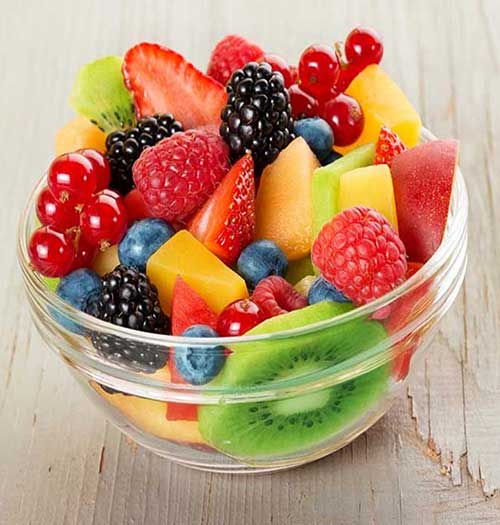Choose Menu bar Color

Choose Menu bar Color


Spring inspires us to air out and clean up. Don′t be limited to tidying your environment. Take steps for cleaner living through better health …
The old saying takes on new meaning. Eating clean translates into retraining yourself to better enjoy the healthiest food choices. Think of it as getting back to the basics: more vegetables and fruits, better protein choices, and reduced fats.
Focus on eating closer to the earth, and further away from the manufactured. Processed foods can be seasoned with chemicals, excess salt, and hidden sugars. They sometimes are refined to the point of losing nutritional value and gaining ingredients that pollute the body. Eating clean delivers more fuel and less junk. So, clean your plate by filling it with foods worthy of your body.
Limit packaged foods. Food stuff sealed in boxes, bags, and cans often are processed and contain preservatives to keep them fresh. Manufacturers increase shelf-life by using excess sodium and other unhealthy tricks. Read ingredient labels. Nutritionists suggest avoiding foods that contain a long list of ingredients, especially unpronounceable ones. Ingredients are listed from most used to least. For your best options, any added sugars and sodium should come at the end of a short list.
With that in mind, we also must acknowledge manufacturers′ trending efforts. They recognize today′s savvy consumers are more aware of nutrition′s impact on everything from their long-term health to everyday performance. Many grocery stores have specific aisles for foods to satisfy this growing market. A few years ago, it was challenging to find a selection specific to shoppers in need of organic, gluten-free, high-fructose free, or other special requirements. Today, you can find entire stores dedicated to this growing population.
Fresh Is Sweet
Fresh produce, especially choices in season locally, arrive straight from the farm. This unprocessed choice is loaded with vitamins, minerals, and natural flavor. Pile your plate with them. Load them into baggies for snacks. Adults should aim for 2.5 to 3 cups of veggies daily.
Be sure to wash produce well. Some prefer organic produce to assure it was grown in a healthy environment. You may wish to splurge for organic when buying produce typically high in pesticide contamination. The most popular of these include apples, strawberries, imported grapes, celery, and pears.
Sugar is a weakness for many. Try getting your fix from fresh fruit. If you crave a crunchy cookie, enjoy fruit with granola; ice cream, add fruit to plain yogurt; chocolate, dip it. The American Heart Association recommends a limit of six teaspoons of sugar daily for women and nine teaspoons daily for men. High sugar counts may show up in unexpected places. Culprits include yogurt, jarred sauces and salsas, and frozen entrees.
For a treat, visit the bakery. If you are used to eating processed carbs, such as packaged donuts and cakes, you immediately will notice a difference in their freshly prepared versions. Often less sugar is used in fresh-baked goods because it is not needed to preserve freshness during shelf-life. (Extra sugar can be used as a preservative.) Bakery treats usually contain less artificial flavorings. You taste more of the real food, not the sugar coating.